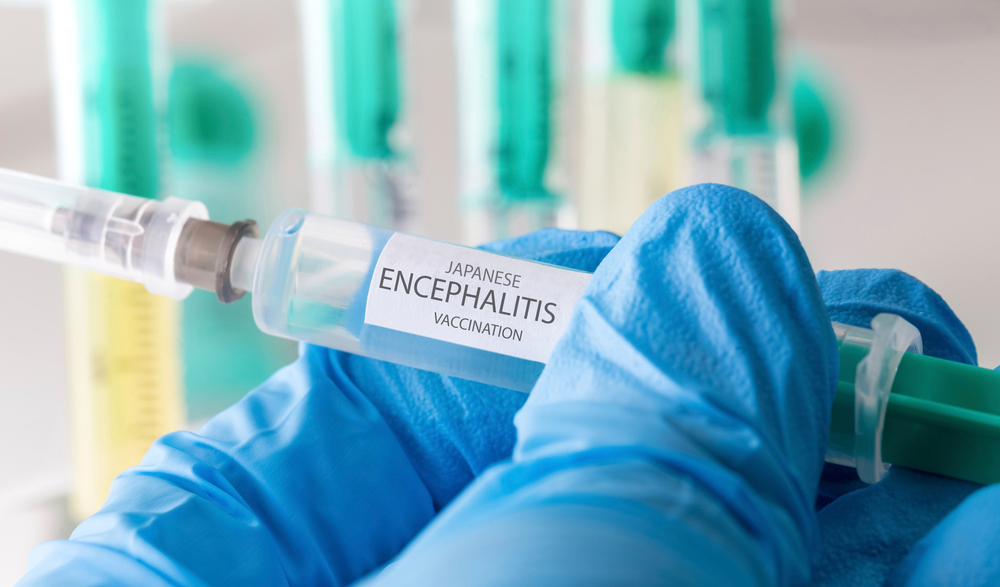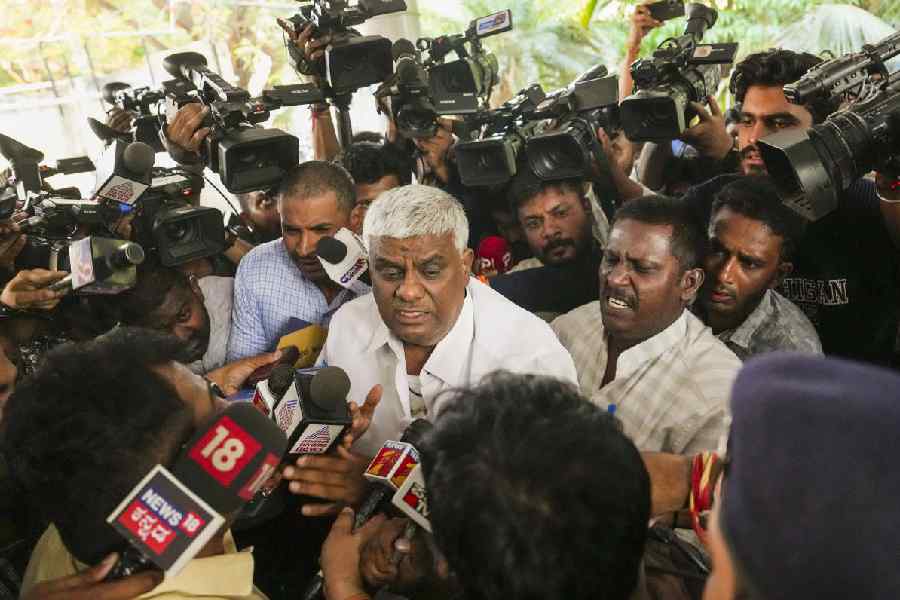At least 21 persons have died of Japanese Encephalitis (JE) in Assam so far this year, prompting the Union health ministry to send a four-member team to take stock of the situation.
“The number of casualties this year is eight more than what it was till June last year (13). Altogether 21 people have lost their lives to JE this year,” said Umesh Phangcho, state programme officer, National Vector Borne Disease Control Programme (NVBDCP).
However, Phangcho said the number of JE-positive cases was 69 till June this year, compared to 72 last year.
The central team, which had officials of the NVBDCP, was led by additional secretary of the Union health ministry Sanjeeva Kumar. It reached Guwahati on Sunday and met senior officials of the state health department on Monday.
It promised to help the state government fight the disease. The team members left in the evening.
“I am closely monitoring the situation. The health ministry is coordinating with the Assam government for prevention and management of the disease,” Union health minister Harsh Vardhan had said on Sunday.
Japanese Encephalitis, which causes a large number of deaths every year, has been a major cause of concern for the Assam health department. In 2013, 134 people died of JE, 165 died in 2014, 135 in 2015, 92 in 2016, 87 in 2017 and 94 in 2018.
Four persons had died of JE in Jorhat Medical College and Hospital (JMCH) last month. Four JE-positive persons are still being treated in the hospital and their condition is “stable”, hospital superintendent Saurabh Borkotoki said on Monday.
Rapid onset of high fever, headache, stiffness of neck, disorientation and seizures are some of the symptoms of JE.
Each fresh outbreak involves a complex chain — transfer of virus from wild water birds (hosts) to mosquitoes (vectors) to pigs (amplifying hosts, where the virus reproduces heavily) to mosquitoes to humans (who do not infect other humans).
The disease can be prevented by controlling the mosquito population, isolating pigs and avoiding mosquito bites through use of repellents, nets, long-sleeved clothes, coils and vaporisers.
There is no antiviral treatment of the disease. Doctors try to relieve symptoms and stabilise the patient.
Phangcho appealed to the people not to ignore fever. “When a person suffers from fever he should immediately visit his nearest health centre instead of taking medicines from pharmacy,” he said, adding that delay in treatment may make a case critical.
The disease has taken a serious turn in Upper Assam with 10 deaths reported from Assam Medical College and Hospital, which caters to the need of the Upper Assam districts of Dibrugarh, Tinsukia, Sivasagar and Charaideo, till June this year.
State health minister Himanta Biswa Sarma, who had visited the AMCH last month to review the construction of its 60-bed JE block, had promised that the wing would be ready by September.
A senior official of the state health department said health officials have been creating awareness among the people about JE and acute encephalitis syndrome (AES), which also leads to a large number of deaths in the state every year.
The Centre has carried out JE vaccination drive in all the districts of the state.
- Additional reporting by Avik Chakraborty in Dibrugarh










